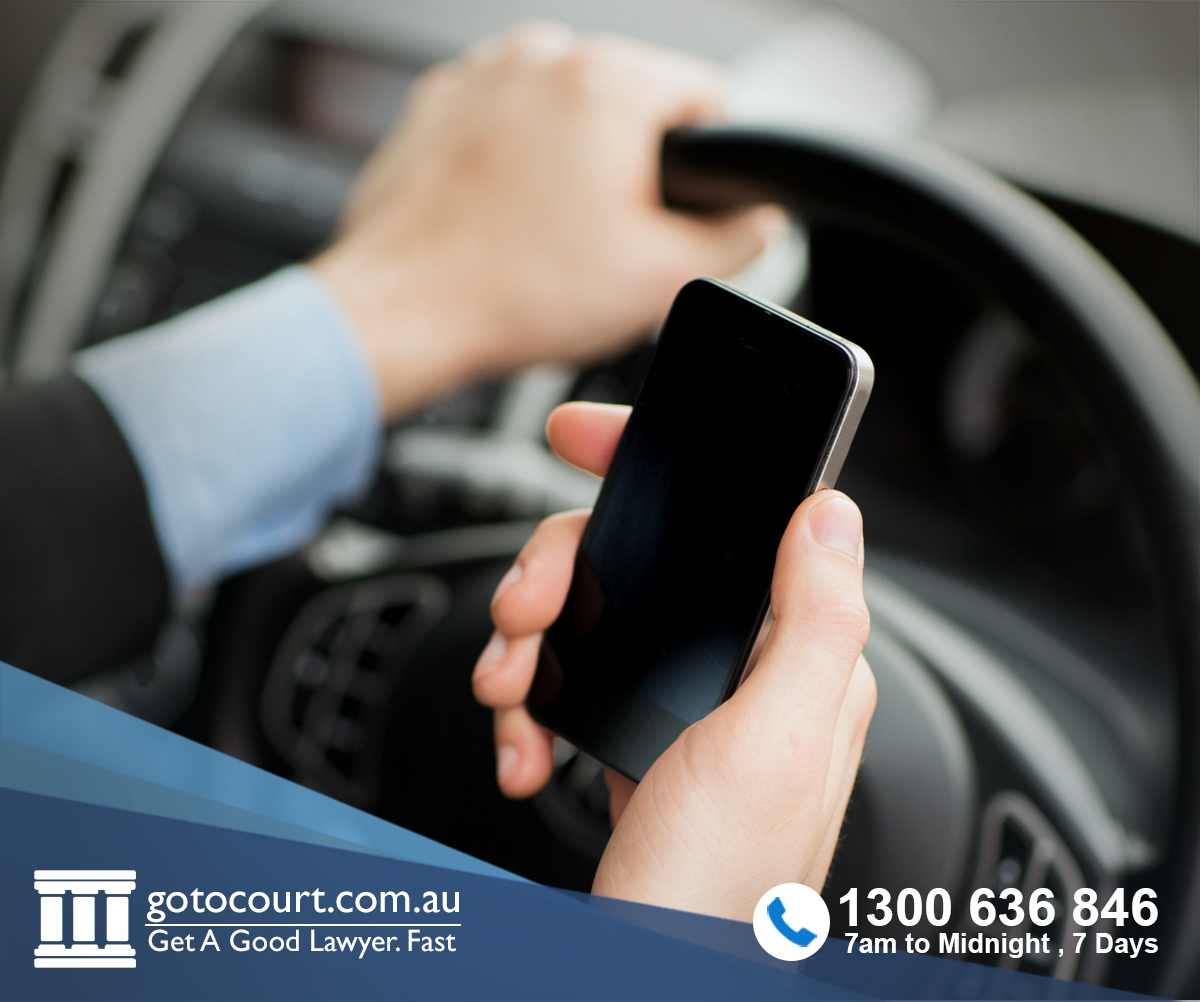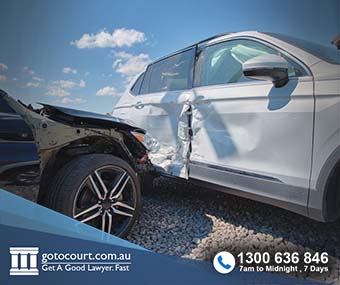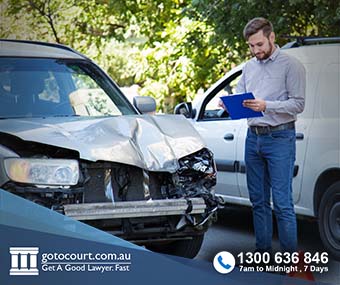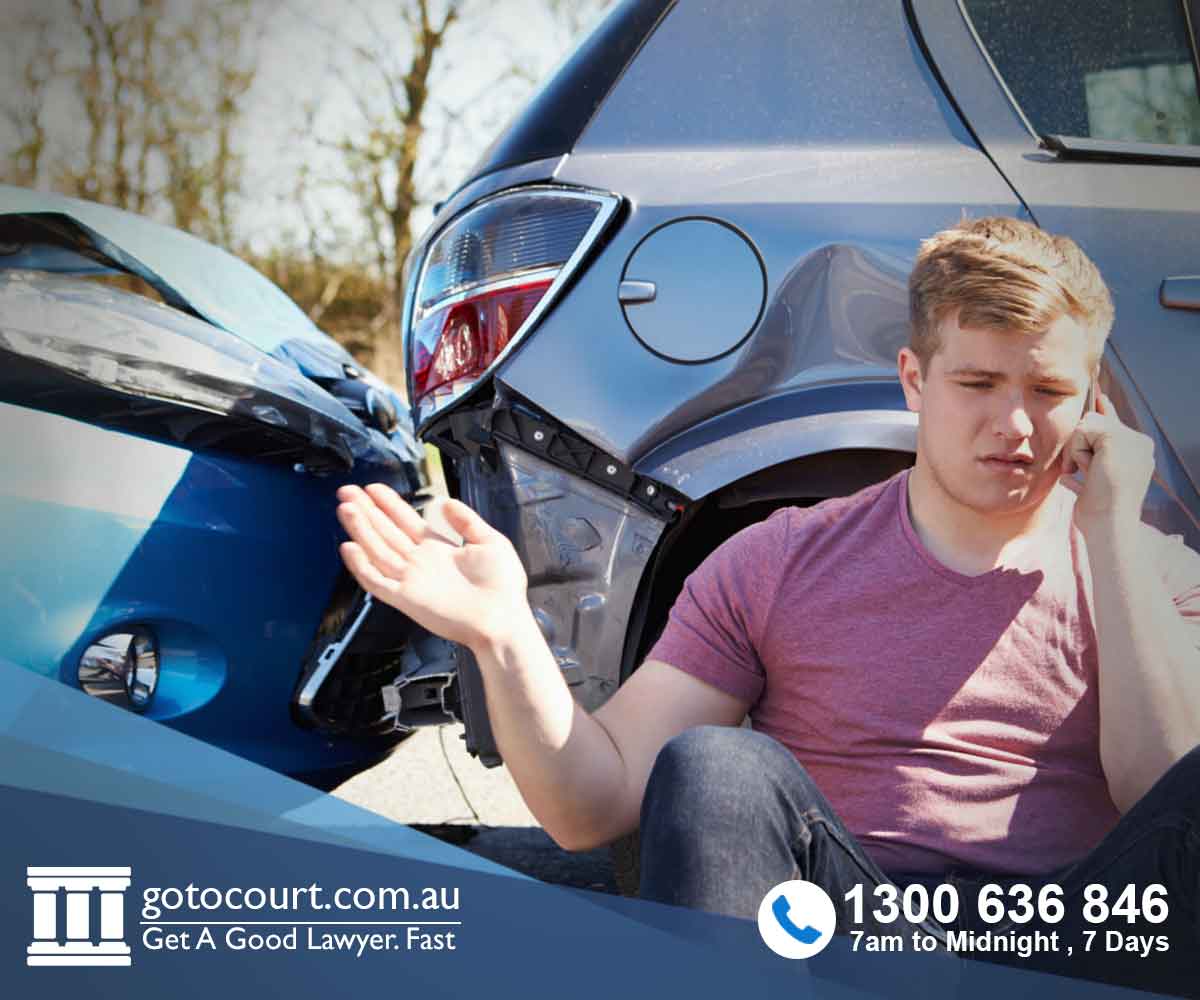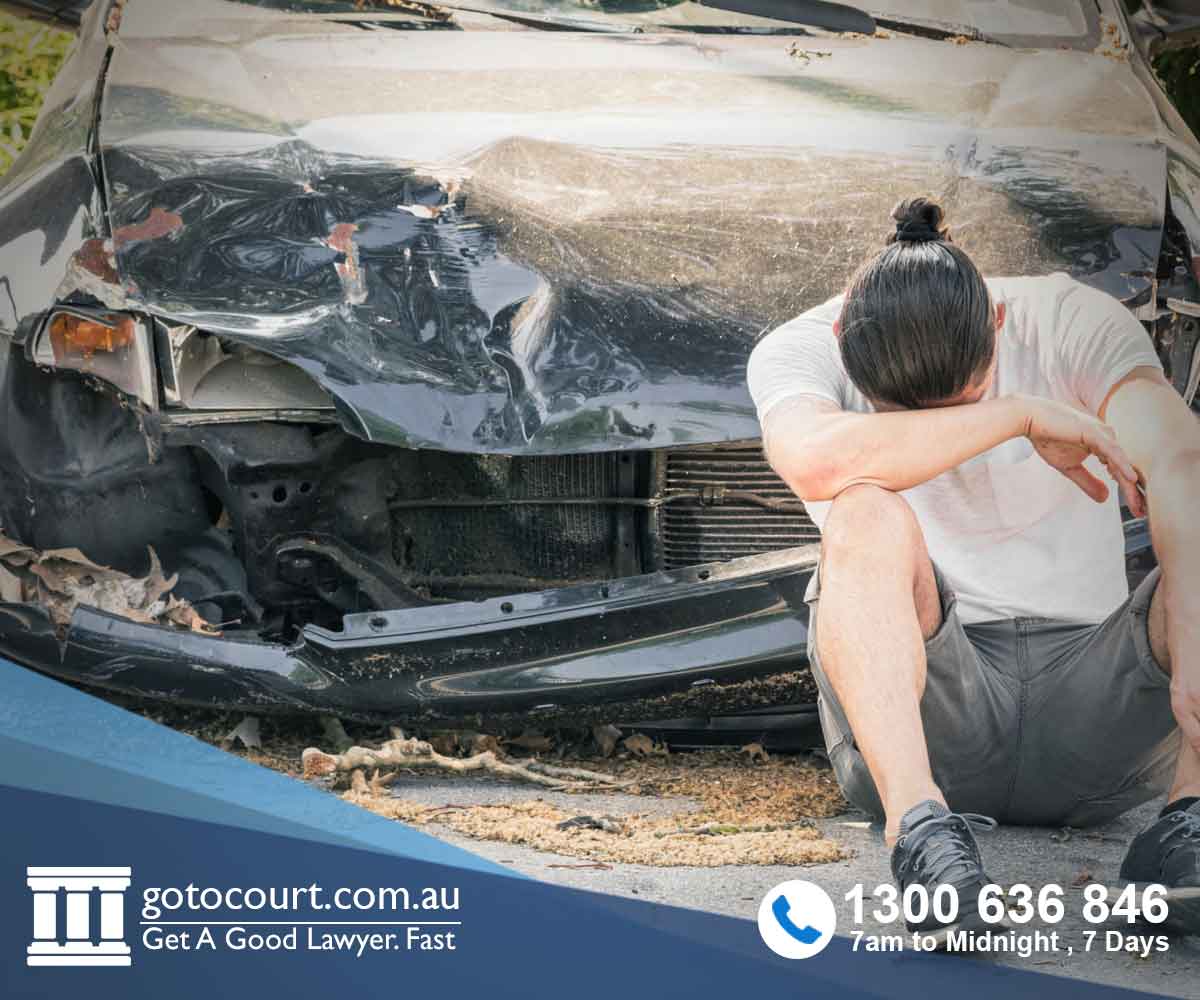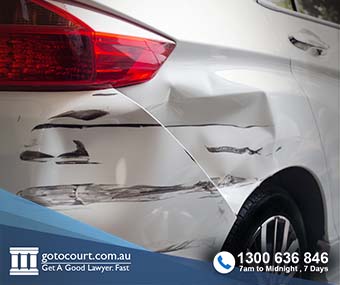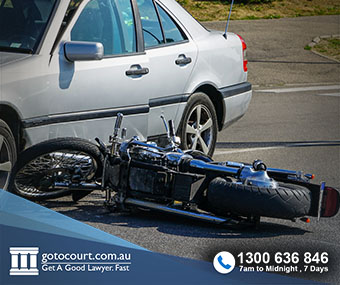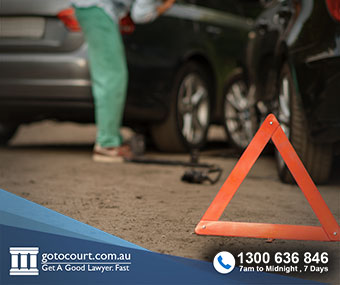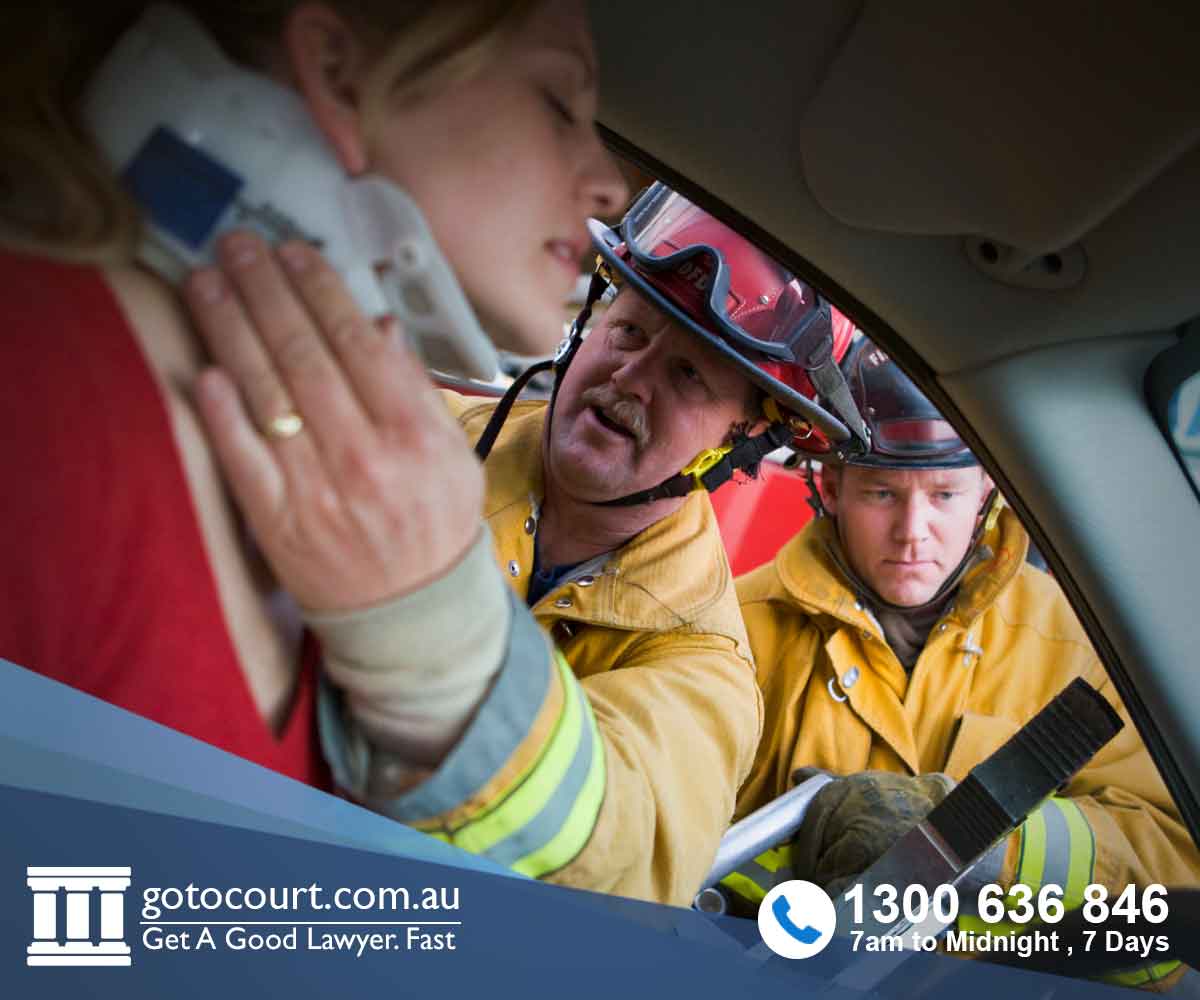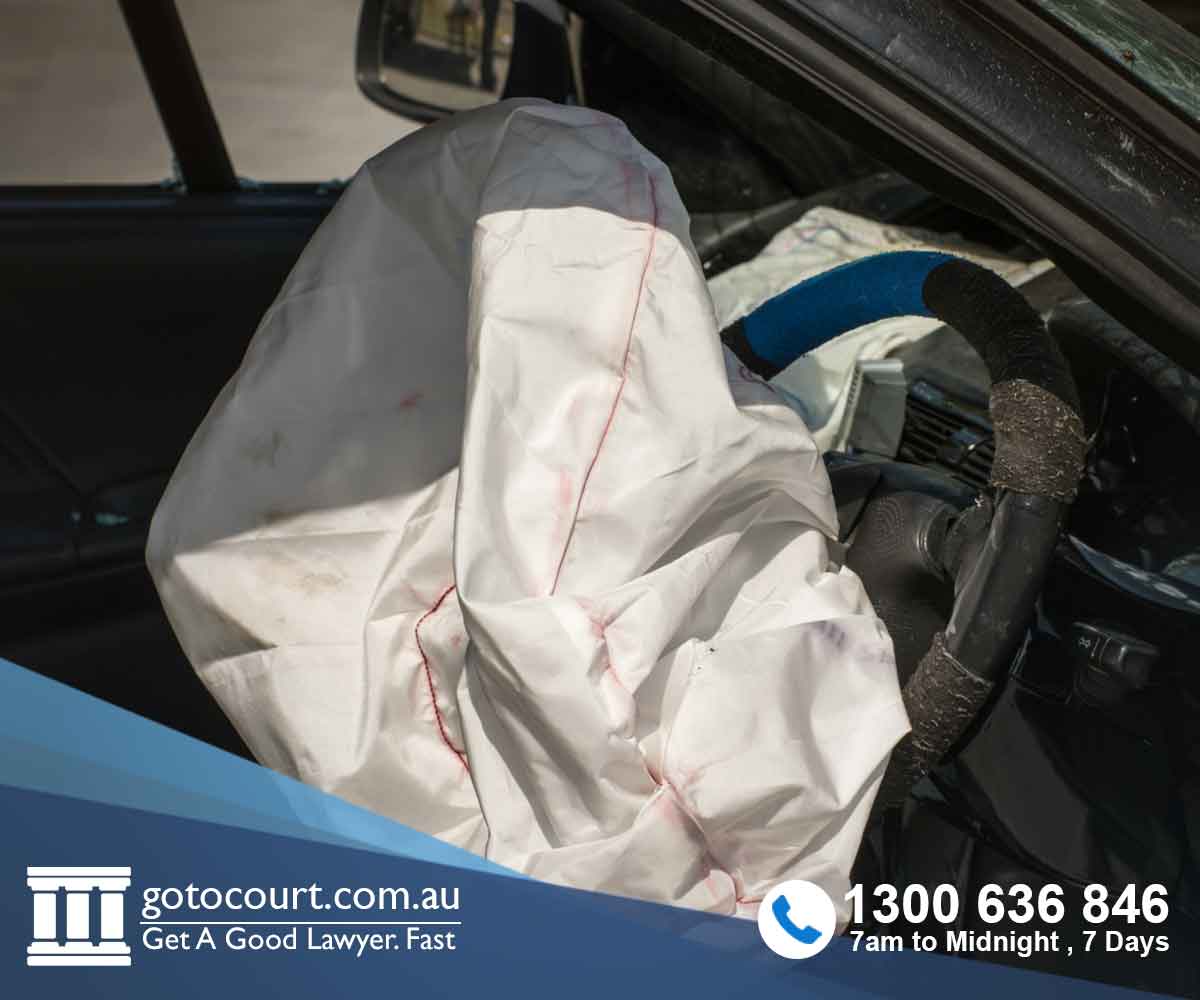Traffic Accidents in Victoria
Traffic Accidents in Victoria
In Victoria, section 61 of the Road Safety Act 1986 requires that if you are involved in a traffic accident, under certain circumstances you must report it to the police. These circumstances include:
- if a person or animal is injured or has died
- if anyone’s property has been damaged as a consequence of the accident, or
- if the other party involved in the accident does not stop or refuses to provide you with their particulars (name, address, name and address of vehicle owner, vehicle registration and vehicle details such as colour and make).
Following an accident, you are required to stop your vehicle, check to see whether anyone is injured and provide them with any assistance you can, and then at the soonest possible occasion, provide your details to all the relevant parties (other driver’s involved, injured parties, owners of damaged property, the police). If your vehicle is un-roadworthy, you must arrange to have it towed.
Police attendance at the scene of a traffic accident
The police will not necessarily attend the scene. They generally only attend when there have been injuries to people or death caused by the accident. If police do attend, they may test the drivers involved for possible alcohol or drugs in their system. They may also ask the drivers and witnesses for their accounts regarding what occurred. The police officer(s) will then write a formal report on the incident. If the police do not appear at the accident scene, you are required go to the closest police station to report the accident in certain circumstances.
If you or anyone in the accident has suffered any injuries as a result of the accident, you should also report the injury to the Transport Accident Commission if you wish to seek compensation for loss and suffering.
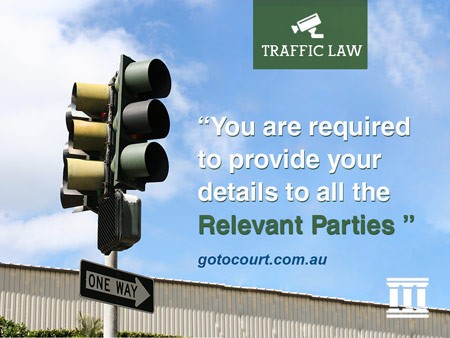
Non-reportable traffic accidents
People involved in minor accidents that do not cause injuries or property damage and have successfully exchanged details with the other parties involved in the accident do not have to report it to the police. If their car is roadworthy, they can continue on driving.
Types of charges that can be laid
Depending on the circumstances, you could be charged with either or both indictable (serious) and summary (simple) offences. If you leave the scene of an accident without following the above procedures, you may be charged with: failing to stop after an accident; failing to render assistance to injured persons; failing to report an accident to the police; and failure to exchange particulars (name, address, vehicle details).
Penalties when traffic accident does not result in death or serious injury
The penalties for failing to stop after an accident, failing to render assistance to injured persons, failing to report an accident to the police and failure to exchange particulars (name, address, vehicle details) in circumstances where there were no injuries or deaths involved attracts a maximum penalty of 5 penalty units (1 penalty unit = $147.61) or 14 days imprisonment for a first offence, or 10 penalty, or between 14 days to 1 month imprisonment for subsequent offences.
Penalties when traffic accident results in death or serious injury
The penalties for failing to observe your driver’s duties and follow the correct procedures in an accident where someone dies or suffers serious injury are far more serious. In these circumstances, if you did not stop your car or render the injured people assistance, you may be charged with an indictable offence. This is serious as it can carry up to a ten year jail sentence or 1200 penalty units.
If you did stop and render assistance, but did not provide the injured people, the police, or owners of damaged property with your details, or you failed to report the accident to the police, you may face 80 penalty units or a maximum of 8 months imprisonment (first offence) or for subsequent offences, a penalty of a max 240 units, or a prison sentence of between four months and two years.
Failing to provide information to a police officer
According to section 60(2) of the Road Safety Act 1986, if you do not provide the required information (name, address, vehicle registration etc) to a police officer and a person has died or been seriously injured in the accident, you may face a fine of 20 penalty units, and/or 4 months imprisonment. If person does not die or is not injured in the accident, the penalty is 10 penalty and/or two months imprisonment. The offender’s driver’s license will also be cancelled for at least two years (for a first offence) or four years (for subsequent offences).

Affordable Lawyers
Our Go To Court Lawyers will assist you in all areas of law. We specialise in providing legal advice urgently – at the time when you need it most. If you need a lawyer right now, today, we can help you – no matter where you are in Australia.How It Works




1. You speak directly to a lawyer
When you call the Go To Court Legal Hotline, you will be connected directly to a lawyer, every time.

2. Get your legal situation assessed
We determine the best way forward in your legal matter, free of charge. If you want to go ahead and book a face-to-face appointment, we will connect you with a specialist in your local area.

3. We arrange everything as needed
If you want to go ahead and book a fact-to-face appointment, we will connect you with a specialist in your local area no matter where you are and even at very short notice.


